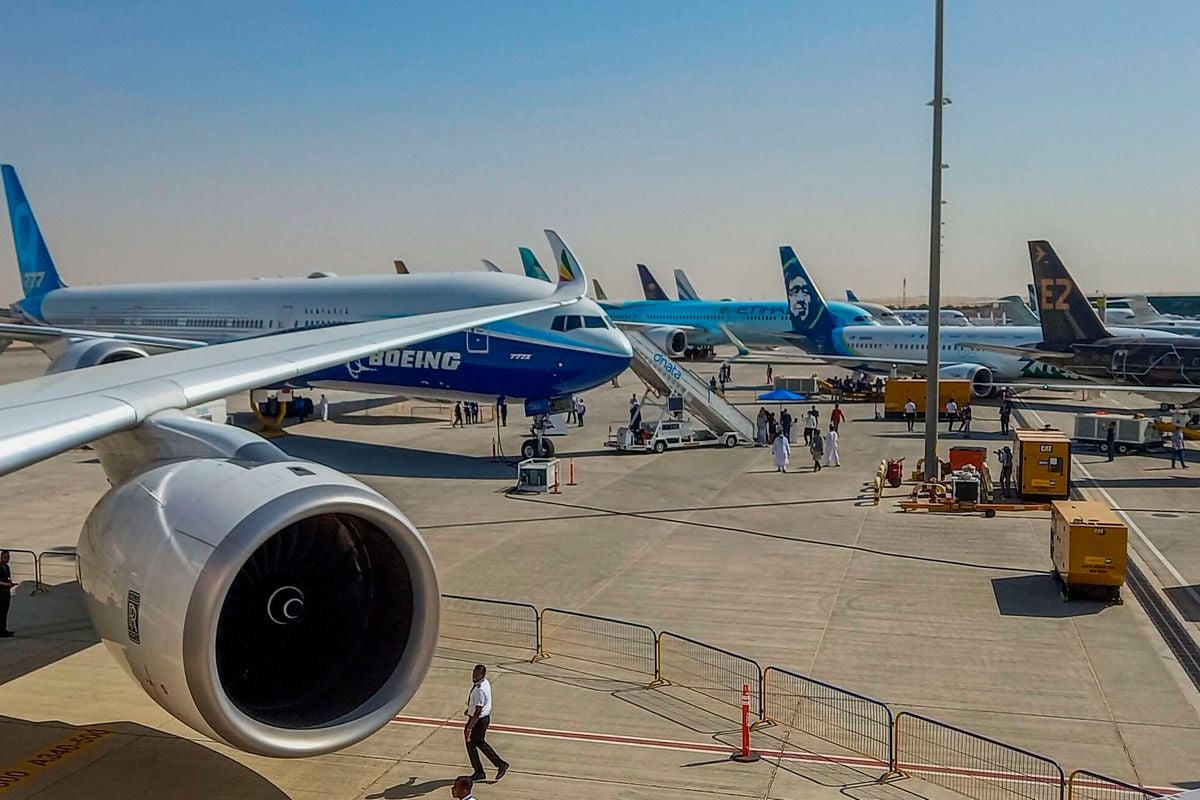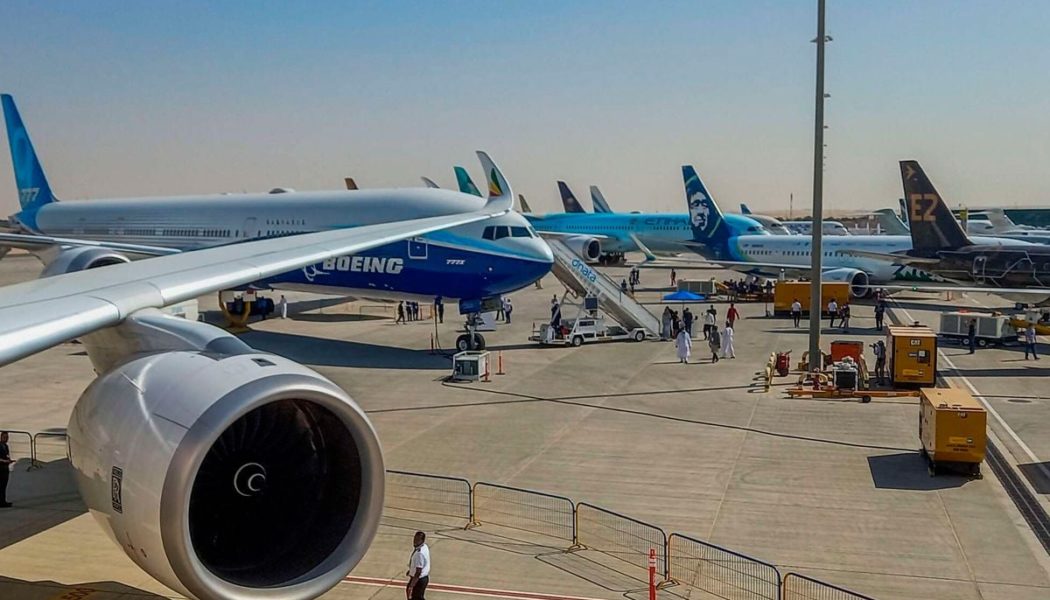
The aviation industry has a mission to achieve net zero by 2050 through a combination of verified carbon credits, sustainable aviation fuel (SAF), operational improvements, and new technology.
However, phasing out fossil fuels still remains a big challenge. One of the biggest challenges is the tracing and documentation of SAF. To determine how sustainable a SAF is and to claim the fuel for certain regulatory incentives, certain blending, fuel and source information is required.
The use of blockchain technology could solve this problem. Whenever data are used, transactions could be recorded on the blockchain log that has universal visibility. This will make it possible to track who is doing what at every stage of the supply chain.
A web-based registry has the ability to document, trace, and account for SAF attributes. By addressing a SAF tracking need for fuel suppliers, airlines and airport operators, such a registry will create the opportunity for a robust book and claim tracking system.
Carbon offsets have a critical role to play in the decarbonisation journey for aviation, but they are not the end solution.
Recent research shows that hydrogen and electric power may get us close but are also unlikely to contribute significantly to our emission reductions until after 2050 and there will still be residual emissions.
Kenya’s national carrier, Kenya Airways (KQ), was awarded the Most Impactful Breakthrough awards for being the first African carrier to pioneer use of SAF from Africa to Europe in October 2023.
This recognition followed the successful execution of a long-haul flight by KQ from Nairobi to Amsterdam that piloted SAF during the Sustainable Flight Challenge 2023. This is a friendly competition and initiative by the SkyTeam Alliance. KQ can sharpen this competitive edge and stay ahead of all African airlines in this quest.
How then will companies be able to balance environmental sustainability issues with competitiveness? Some pundits opine that whilst sustainability might be deemed to be a competitive edge, it will soon be part of a licensing requirement for operations within the industry.
This is emphasised by the fact that most customers and prospects alike are increasingly demanding environmental disclosures before any binding engagements can ensue. Insurers, financiers, employees and a myriad of stakeholders are said to be mounting pressure to be identified with positive sustainability programmes of an organisation.
The same requirement is increasingly being demanded by airports, majorly on information about sustainability programmes for new projects.
Supply and demand for SAF will continue to be the greatest of logistical challenges. Whilst having a sustainability goal or being eco-conscious have been the main uptake drivers to-date, it is expected that legislative factors will in the nearest future drive the uptake of SAF.
The 2024 United Nations Climate Change Conference or Conference of the Parties, more commonly known as Cop29, will be the 29th United Nations Climate Change conference. COP29 will be held in Baku, Azerbaijan from November 11 to 22.
It is anticipated that government policies and regulations for SAF will be a main of focus discussion to support its widespread adoption.
This will narrow the gap in the pricing so that an amicable equilibrium can be achieved when supply meets demand over the next few years.
The energy transition and the road to net zero offer a unique opportunity for Africa. Unlocking such an opportunity will require Africa to address infrastructural deficits and transformative solutions.
There’s thus no better time for the public and private sectors to collaborate for a noble course.








